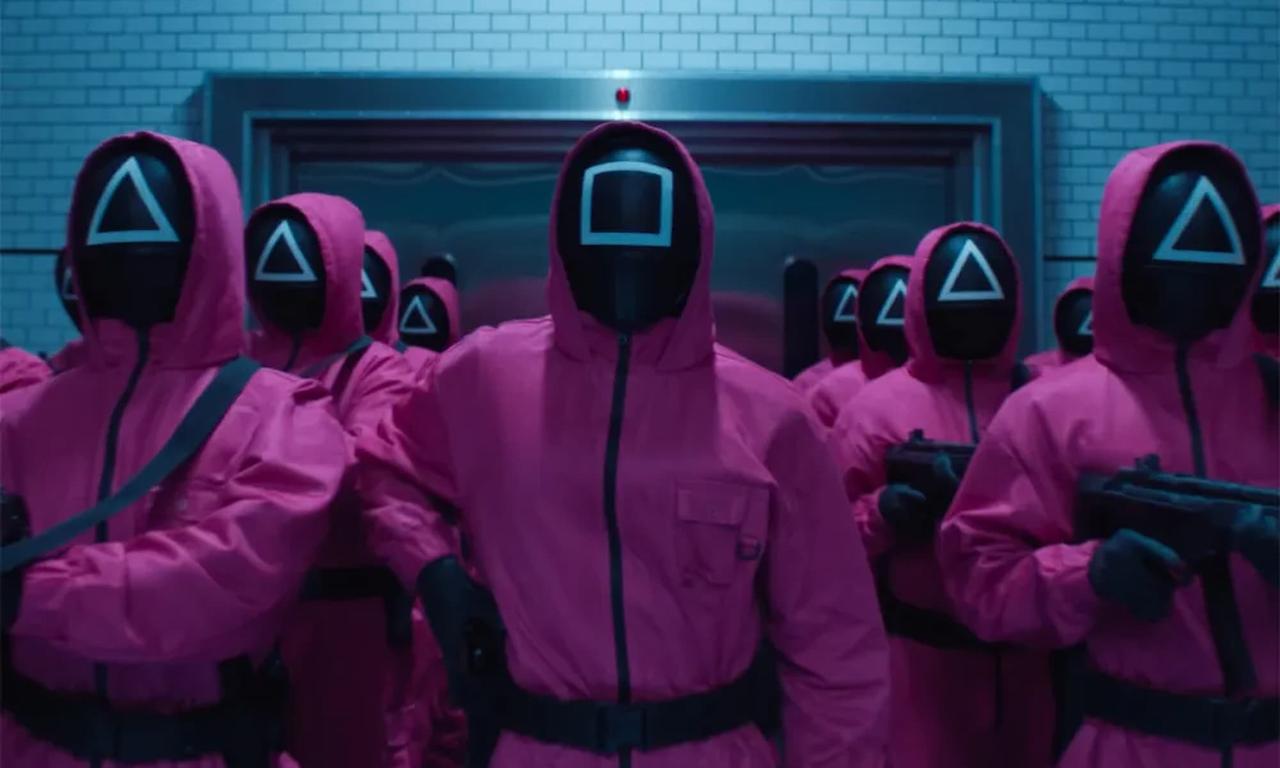If you click on a link and make a purchase we may receive a small commission. Read our editorial policy.
K-Dramas don't have Hollywood money. Is that why they're so successful?
Speaking at the Red Sea International Film Festival, Okja producer Woo-sik Seo explained how Korean film and television differs from Hollywood's

Popverse's top stories
- "And my axe!" Lord of the Rings star John Rhys Davies says there's one world leader who deserves Gimli's iconic weapon
- Walton Goggins promises something “profound” in the Fallout season 2 ending
- Dispatch Switch censorship may be driven by Japan and AdHoc's resource limits — not Nintendo
As I'm sitting down to write this, we're just over two weeks away from the release of Squid Game season 2 on Netflix. And while it's certainly the most popular K-drama on the platform, it's certainly not the only one. Other hits like Hellbound, Kingdom, Parasyte and plenty more originate from South Korea, and there's been plenty already said about why they've found such global success. But perhaps the best opinions to listen to are the ones from an actual Korean producer, which is exactly what attendees heard at the recent Red Sea International Film Festival. The gist of his statements?
K-dramas are successful because they don't have Hollywood money.
I know, I know, it sounds counterintuitive, so let's back up a minute. The producer we're talking about here is Woo-sik Seo, known for projects such as Oscar-winner Bong Joon-ho’s Mother and Okja. Seo was in Jeddah Old Town Al-Balad for the Red Sea festival along with some other big names in Korean filmmaking, including Concrete Utopia director and screenwriter Um Tae-Hwa, mystery-thriller Somebody director Yeo-Jung Kim,and director of funding and support at the Korean Film Council, Hyoun-soo Kim. During the event, panelists touched on Korean films' ability to tell universal stories, and Korean filmmakers' ability to prioritize them over spectacle. No one summed up the idea better than Seo.
"I think a lot of Korean directors have this instinct of finding that commercial and artistic balance, and we’re kind of forced to because we don’t make Hollywood movies," he told the assembled crowd, according to The Hollywood Reporter, "We don’t have the funding. And we have different themes. We’re not making heroes. We’re making individuals who have their inner struggles when they’re faced with a problem. And so we have to be focusing on the individual as a human being. And I think that’s what makes Korean movies resonate with the audience around the world."
Seo's comments mimic what plenty of superhero-fatigued American critics are saying about the state of entertainment these days, and based on both that fact and the striking success if K-dramas in the country, it's hard to argue that he doesn't he doesn't at least have a point. That's not to say that Hollywood can't make great films and TV shows with billion-dollar budgets (as certain Reddit threads may claim), only that along with that ability, producers must remember to also be "focusing on the individual as a human being," as Seo puts it.
I guess you could say that, "With great budget comes great..."
Eh, forget it.
Squid Game season 2 comes to Netflix December 26.
Want to know what's coming up next in pop culture? Check out Popverse's guides to:
Follow Popverse for upcoming event coverage and news
Find out how we conduct our review by reading our review policy
Let Popverse be your tour guide through the wilderness of pop culture
Sign in and let us help you find your new favorite thing.
















Comments
Want to join the discussion? Please activate your account first.
Visit Reedpop ID if you need to resend the confirmation email.